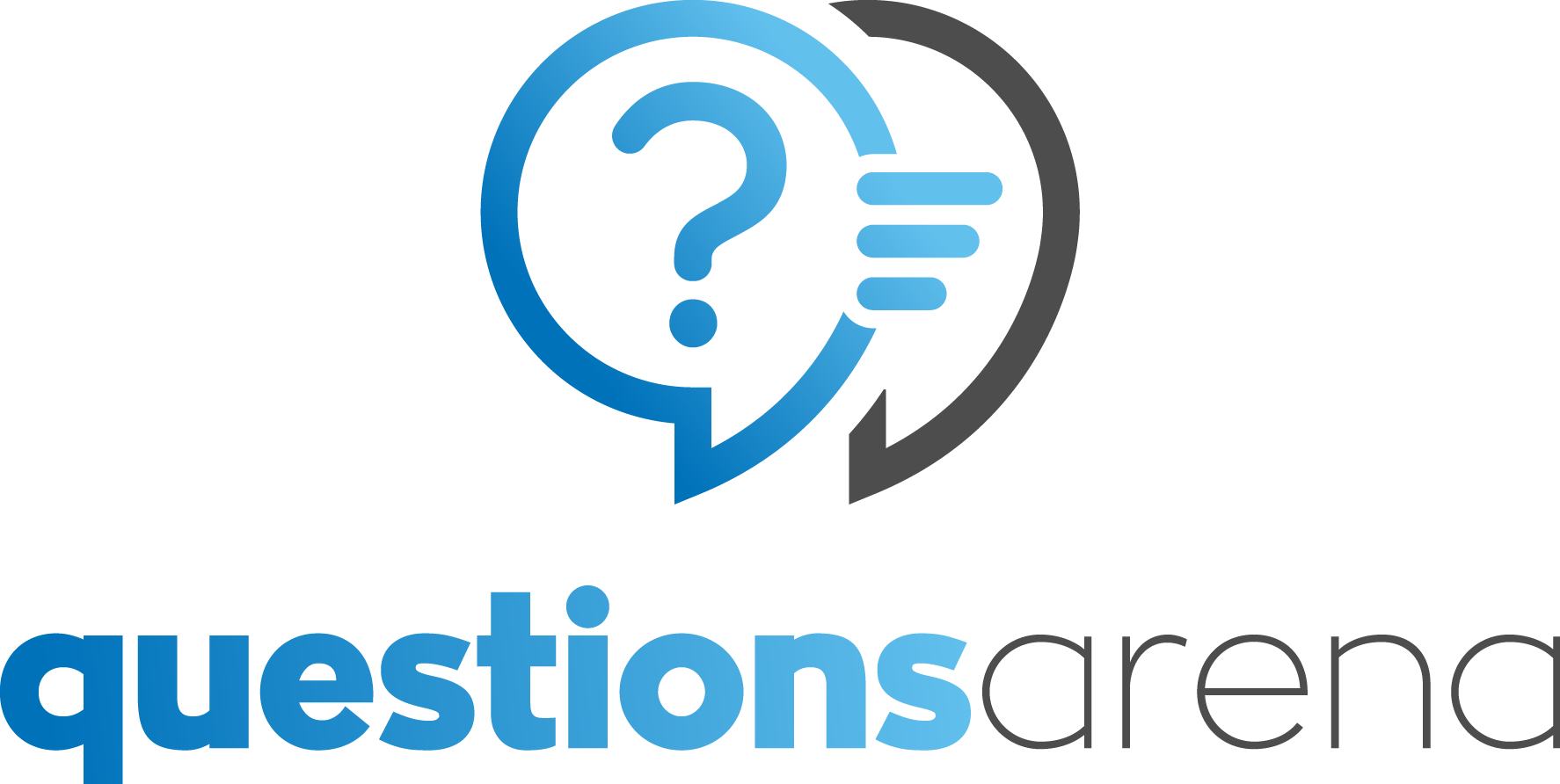In any professional setting, qualifications and expertise play a crucial role in determining the hierarchy and dynamics within a team. When a more qualified person arrives on the scene, their level of expertise can challenge the existing team members’ perception of their own abilities. This can lead to a range of reactions and outcomes, depending on how individuals choose to respond.
It is important to recognize that qualifications and expertise are not solely determined by academic degrees or certifications. While these can certainly be indicators of knowledge and skill, they do not encompass the full spectrum of what makes a person qualified. Experience, practical application, and a deep understanding of the subject matter also contribute to one’s expertise.
The impact of a more qualified person arriving on scene
The arrival of a more qualified person can have a significant impact on the dynamics within a team. It can evoke various emotions and reactions, ranging from excitement and curiosity to insecurity and fear. Understanding and managing these reactions is crucial for maintaining a healthy and productive work environment.
In some cases, team members may feel threatened by the newcomer’s qualifications. They may worry that their own abilities will be overshadowed or that their contributions will be devalued. This can lead to a sense of competition and a power struggle within the team. In such situations, it is important for team leaders and managers to foster open communication and encourage collaboration, emphasizing that everyone’s contributions are valued.
On the other hand, the arrival of a more qualified person can also be seen as an opportunity for growth and improvement. It can bring fresh perspectives, innovative ideas, and a wealth of knowledge that can benefit the entire team. When team members are open to learning from the newcomer, a synergy is created that fosters creativity, problem-solving, and personal development.
Possible reactions to the arrival of a more qualified person
When a more qualified person arrives on the scene, team members may react in different ways. These reactions are often influenced by individual personalities, past experiences, and the overall culture of the team.
Some team members may feel inspired and motivated by the newcomer’s qualifications. They may see it as an opportunity to learn from someone with a higher level of expertise and use it as a chance to improve their own skills. These individuals embrace the idea of collaboration and are open to new ideas and perspectives.
On the other hand, some team members may react with insecurity and fear. They may feel threatened by the newcomer’s qualifications and worry about their own standing within the team. This can lead to a defensive attitude and resistance to change. In such cases, it is important for team leaders to provide reassurance and create an environment where everyone feels valued and supported.
It is also possible for team members to feel a mix of emotions when a more qualified person arrives. They may experience a combination of excitement, curiosity, and insecurity. Recognizing and addressing these emotions is crucial for ensuring a smooth transition and maintaining a positive work environment.
Collaboration and teamwork in such situations
Effective collaboration and teamwork are key to successfully navigating the arrival of a more qualified person. When team members embrace a collaborative mindset, they create an environment that fosters learning, growth, and innovation.
Collaboration involves actively seeking input and insights from all team members, regardless of their level of expertise. It means recognizing and leveraging each individual’s strengths and skills to achieve common goals. When a more qualified person joins the team, their expertise should be seen as a valuable resource that can enhance the team’s overall performance.
Team leaders play a crucial role in fostering collaboration and teamwork. They should encourage open communication and create opportunities for sharing knowledge and ideas. This can be done through regular team meetings, brainstorming sessions, and workshops. By providing a platform for collaboration, team leaders can help ensure that everyone’s contributions are valued and that the team benefits from the diverse range of expertise.
The importance of communication and open-mindedness
Effective communication is vital when a more qualified person arrives on the scene. It is essential for team members to openly share their thoughts, concerns, and ideas. Transparent communication helps build trust and understanding, which are crucial for maintaining a positive work environment.
Open-mindedness is another key factor in successfully navigating the arrival of a more qualified person. It is important for team members to be receptive to new ideas and perspectives, even if they challenge existing beliefs or methods. By being open-minded, team members can create an environment that welcomes innovation and growth.
Regular team meetings and one-on-one conversations can provide opportunities for team members to express their thoughts and concerns. It is important for team leaders to actively listen and address any issues that may arise. By fostering a culture of open communication and open-mindedness, team leaders can help ensure a smooth transition and create an environment where everyone feels heard and valued.
Managing egos and maintaining a positive work environment
When a more qualified person arrives on the scene, it is crucial to manage egos and maintain a positive work environment. Egos can often get in the way of effective collaboration and hinder the team’s overall performance.
Team members should be encouraged to set aside their egos and focus on the collective goal of the team. This involves recognizing that everyone has something valuable to contribute, regardless of their level of expertise. By acknowledging and appreciating each other’s contributions, team members can create a supportive and inclusive work environment.
Team leaders play a vital role in managing egos and maintaining a positive work environment. They should lead by example and promote a culture of humility and respect. Recognizing and celebrating individual achievements while also emphasizing the team’s collective success can help ensure that egos do not hinder collaboration and teamwork.
Opportunities for learning and growth
The arrival of a more qualified person presents numerous opportunities for learning and growth. Team members can benefit from the newcomer’s knowledge, skills, and experiences. This can enhance their own expertise and contribute to their professional development.
By actively seeking opportunities to learn from the more qualified person, team members can expand their horizons and gain new insights. This can involve asking questions, seeking guidance, and actively engaging in discussions and collaborations. By embracing a mindset of continuous learning, team members can make the most of the opportunities presented by the arrival of a more qualified person.
Team leaders can facilitate learning and growth by providing resources, organizing training sessions, and encouraging mentorship opportunities. By creating a culture that values ongoing learning and development, team leaders can inspire and motivate team members to strive for excellence.
Dealing with potential insecurities and self-doubt
The arrival of a more qualified person can also trigger insecurities and self-doubt among team members. It is important to address these concerns and provide support to ensure that everyone feels valued and confident in their abilities.
Team leaders should be proactive in recognizing and addressing any insecurities that may arise. This can involve providing reassurance, offering additional training or resources, and creating opportunities for team members to showcase their skills and expertise. By fostering a supportive environment, team leaders can help alleviate insecurities and build confidence within the team.
Team members also play a role in supporting each other. By offering encouragement, sharing knowledge, and highlighting individual strengths, team members can help create a positive and empowering work environment.
Conclusion and takeaway lessons
When a more qualified person arrives on the scene, the dynamics within a team can shift in various ways. The outcome depends on the mindset and attitudes of both the individual and the existing team members.
By embracing a collaborative mindset, team members can create an environment that fosters learning, growth, and innovation. Effective communication, open-mindedness, and the ability to manage egos are essential for maintaining a positive work environment.
The arrival of a more qualified person presents numerous opportunities for learning and growth. Team members should actively seek these opportunities and embrace a mindset of continuous improvement.
Finally, addressing potential insecurities and self-doubt is crucial for ensuring that everyone feels valued and confident in their abilities. Team leaders should provide support and create a supportive environment where individual contributions are recognized and appreciated.
In conclusion, when a more qualified person arrives on the scene, it is an opportunity for growth and improvement. By embracing collaboration, open communication, and a mindset of continuous learning, teams can thrive and achieve their goals.

